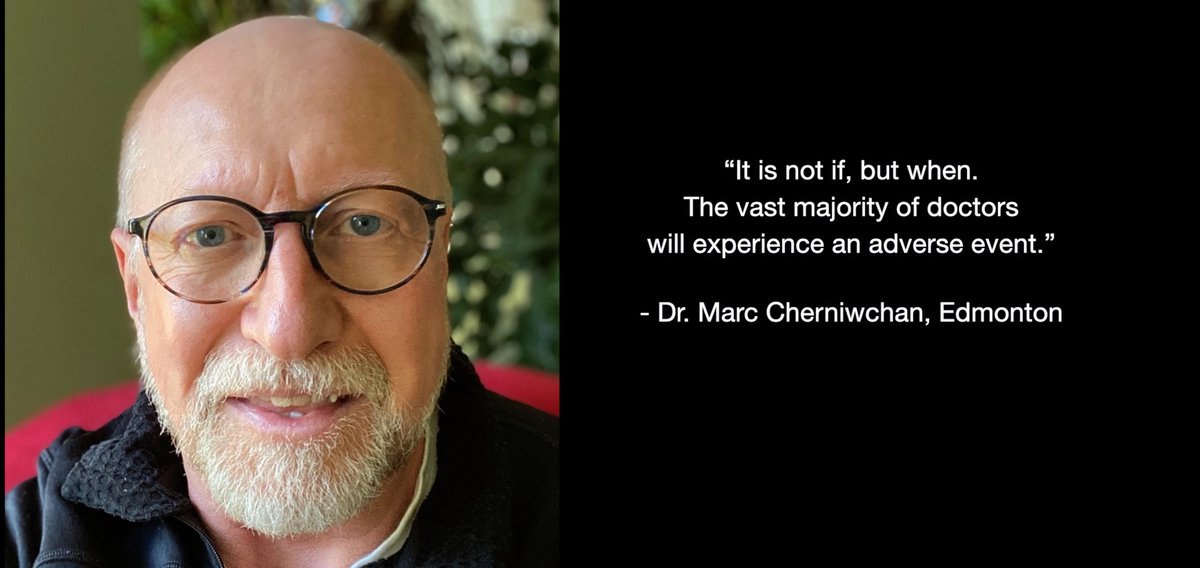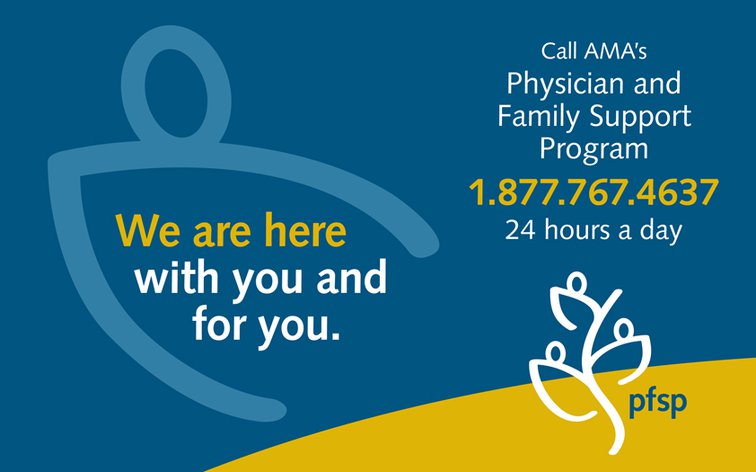A beautiful afternoon, late fall – walking through a carpet of oak leaves back to my apartment outside the gates of High Park, Toronto. Carrying a parcel.
I had come from Edmonton, after just one year of practice as an ER doc, to start residency in the newly created specialty of emergency medicine. So excited and so very proud to be chosen to be part of a new wave of specialists. We were going to change the world.
Thinking to myself: “This has to be a Christmas present sent early to ensure it arrives on time.”
Opened it as soon as I was in the door.
And, inside, I found a $750,000 lawsuit regarding an adverse event that had occurred during my very first year in practice.
Then everything changed.
The world just stopped. The room spun. Within seconds, I was profoundly nauseous and covered in a sheen of cold sweat. Vision now a tunnel. Heart pounding. Tingling from hyperventilation.
I wasn’t going to change anything for anyone anymore. For now, I was the worst doctor in the history of medicine, the human race, the known universe.
So ashamed and afraid in that little apartment that I was literally paralyzed – 2,000 miles from home, in the midst of a divorce and utterly alone.
It took almost five years for that suit to be dropped.

Along the way, I learned a lot about what had happened on that day. How I was named the defendant as I was the only one whose name was legible on the chart. How the event that had happened was unpredictable and silent when the patient first presented. How the patient’s family was convinced I was a woman. How the CMPA counsel thought it entirely possible I could be found guilty of malpractice – despite there being no evidence of wrongdoing – simply to provide some income to the family. How the medical legal system had rendered it impossible for me to simply explain to the family what had occurred to their loved one. And how the suit had been initiated when the patient had bounced back to the ER after 24 hours, and an admitting resident had asked the family: “How could they have sent you home like this?”
I’ve learned much since then about adverse events and medical errors in general. About how ubiquitous they are, how independent of practitioner experience and skill, how often they are related to systemic deficiencies, and how they can literally cripple a physician emotionally – and then predispose them to more errors in the future.
It took me years to avoid changing my medical practice because of that one case.
In the 40 years (and probably close to 100,000 patients) following, I have been sued more than once, had complaints to the College and the hospital. As well, I’ve reviewed cases of colleagues for the CMPA (and appeared for them as an expert witness at trial). It’s hard to think of a point in time when one of these events wasn’t occurring. To be honest, I don’t even know if I’m currently being sued because I now have come to accept how extraneous the legal process is to the medical care I provide.
But I remember that first day like yesterday. For I was so very young at the time.
And it’s not just me. More than once in my more than 10 years as an assessment physician with the PFSP program I have taken distressed calls from young doctors who’ve had an adverse event soon after starting practice. What they’ve described is virtually identical to own experience, even after all this time. In the past four decades nothing has changed.
And yet everything has. There is a now a body of literature on both the causes and sequelae of these events. Enough knowledge is out there to provide some advice to my younger self and all those following who will face this in times to come.

The bottom line
It is not if, but when. The vast majority of doctors will experience an adverse event. Many will find it interferes with sleep. Learning the appropriate ways to deal with these events is critical to continuing safe practice as they are not one-offs.
The denominator is hugely important. I can immediately think of eight patients who’ve died or suffered serious sequelae from adverse events under my care (and numerous others of lesser significance). This is after 100,000 patients. But if you have a never-event during your first case, 100% of your practice has had bad outcomes.
You are the second victim here. Support is critical. While the legal community frowns on physicians discussing medical details of cases under College investigation or lawsuit, it is well recognized that being able to talk about your feelings about what has happened is critical to moving forward in a healthy way. Shame, insecurity, depression and profound loneliness are all commonly experienced. You have to talk with someone about how you feel. Whether that be a mentor, your partner, your spiritual leader, or a professional (such as arranged by PFSP).
Take concrete steps to minimize the likelihood of recurrence so that you (and the greater medical community) can learn from the event. This can mean involvement in Continuous Quality Improvement Committee work, or presenting the case non-nominally at grand or morbidity/mortality rounds (open or in-camera). Isn’t this largely now medicine itself has progressed?
Of all the things that mattered most to me as a young physician when this happened, it was the reaching out to me by older, wiser physicians who let me know I wasn’t alone. And that I wasn’t the worst doctor in the known universe. I was just like everyone else. Maybe you’re that older physician who can reach out a hand … or perhaps the younger one who needs to grasp it.
Banner image credit: Engin Akyurt, Pixabay.com
